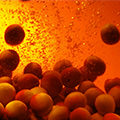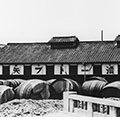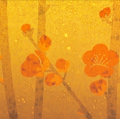- HOME
- CHOYA Story
- CHOYA History
CHOYA History
Step by step CHOYA has made great strides toward realizing the dream of
“introducing the Japanese ume to the rest of the world”. Here is our story.

Everything started with viticulture
CHOYA first began more than 100 years ago on a farm. Growing grapes, the company produced and sold wines and brandies. Thanks to these humble beginnings as a farmer, the company not only values the agricultural produce, but sees the development and “growing hand in hand” with the ume growers as part of its DNA. This idea from Sumitaro Kondo, the CHOYA’s founder, still lives on, forming part of the company’s mission - to always make high quality and delicious products that customers can enjoy.
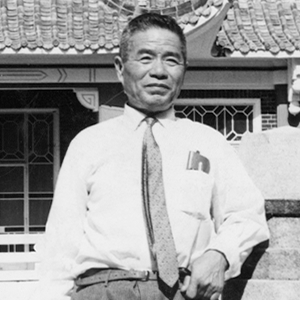
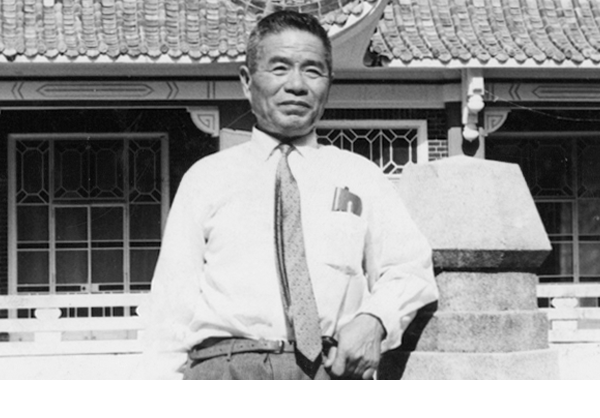

A challenge called "Umeshu"
Sumitaro, after visiting Europe for wine research, was greatly surprised with the high quality of overseas wines and brandies. He realized that, although closed at the time, the domestic market would eventually be swept away by imported products after the trade liberalization. Instead of promoting an imported culture, he dreamed of nurturing and developing a culture or tradition that was unique to Japan and eventually sharing it with the rest of the world. That’s how finally, in 1959, it all led to an encounter with the world-leading quality ume, a fruit grown in Japan, that would later become CHOYA’s Authentic Umeshu.
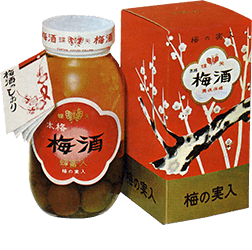
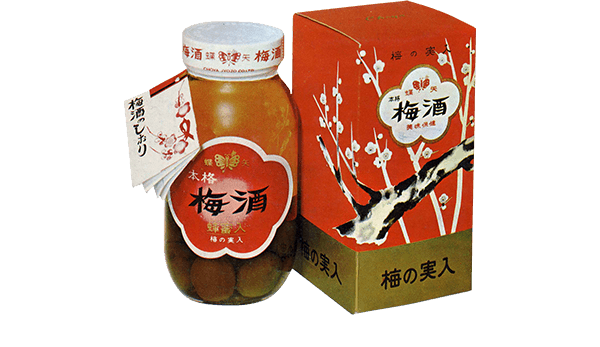
Company’s name origin: a unique Japanese butterfly species known as the Gifu Chō (butterfly) in Japan (Luehdorfia japonica) can be found around the Komagatani area, right where the company’s head office is located. Also, many artefacts from the Stone Age like arrowheads (called “ya” in Japanese) were found there. So to honor both nature and the local community, the company’s name became the combination of the two, “cho” (butterfly) and “ya” (arrowhead) – CHOYA.
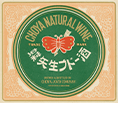
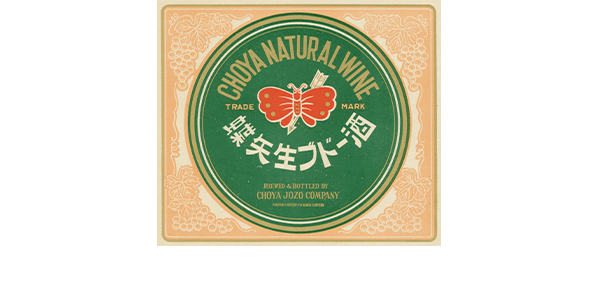

A period of hardship
In 1962, the family incorporated the company and made a new start under the name "CHOYA Yoshu Jozo (Brewery) Co., Ltd."However, many liquor stores were reluctant to list CHOYA whenever the company offered its products. Nobody believed that CHOYA would sell because it was customary for Japanese families at the time to make ume liqueur at home. By around 1965, the company achieved placing products in some stores; however, the sales never took off even after 10 years of steady sales activities. Despite this difficult time, the founder never lost the belief that "someday the era of Umeshu will come”.
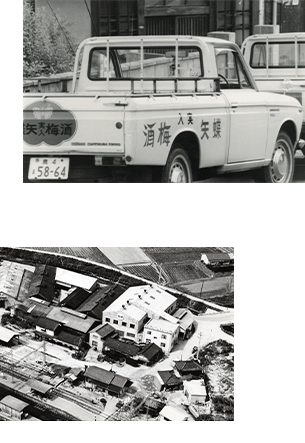
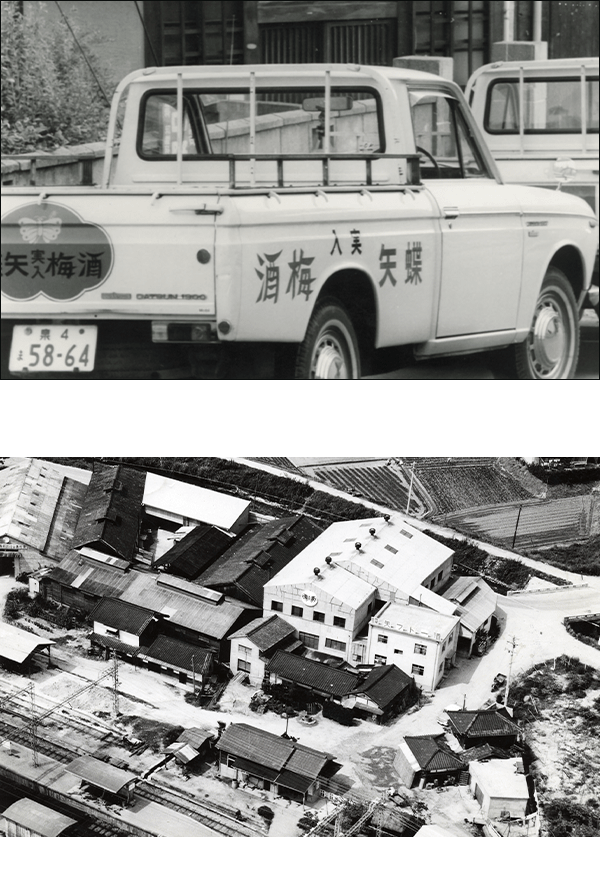

When the time changes
The environment surrounding Umeshu was slowly but steadily changing as the population started to concentrate more in urban areas; small elementary families became the most common form of family structure. This changed the Japanese lifestyle and the demand for “Umeshu as a product", instead of making Umeshu at home, began to increase. Starting 1975 and during the 1980s, CHOYA steadily increased sales. After difficult times, the company finally was able to create a new market for Umeshu.
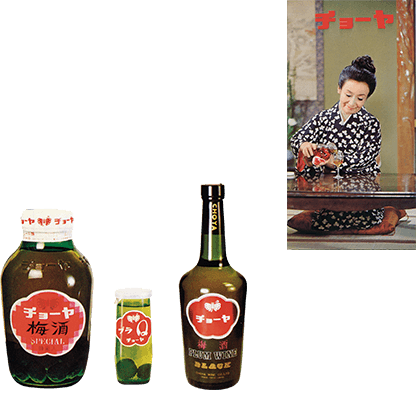
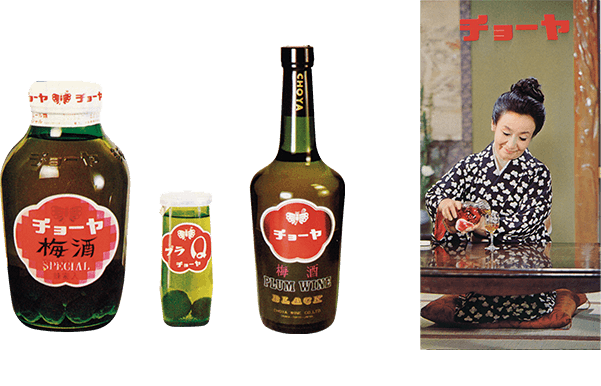

Expansion to international
markets
We wanted to share the traditional Japanese culture of "Umeshu" with the world.We began exporting Umeshu in 1968, and in 1985, we started exporting Umeshu to Europe in earnest. However, it wasn't easy at first because the ume wasn’t known in Europe. Then the company strategically held a lot of tasting events with the goal to familiarize the locals with Umeshu taste. Gradually achieving wider recognition as a Japanese liqueur, five years later in 1990, the company finally established CHOYA UMESHU GmbH in Germany. This was the moment when the company, at last, realized its long-cherished dream of entering the international market.
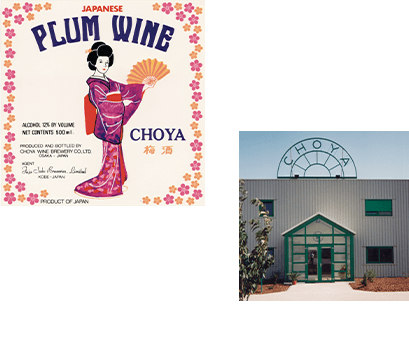
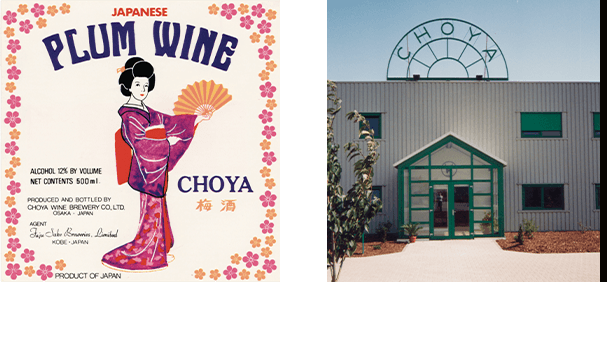
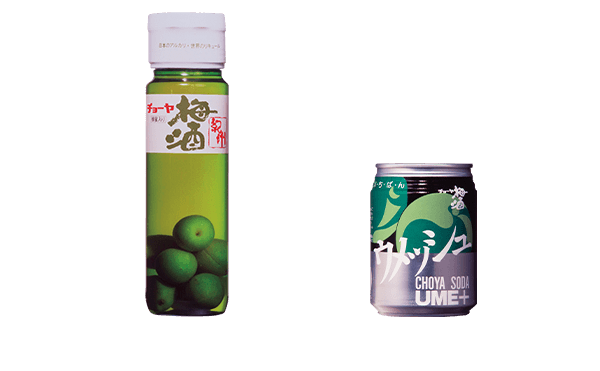


Umeshu market expansion
In the 1990s, young people started enjoying Umeshu and the market dramatically expanded. Around 1991, the production of Umeshu showed double-digit growth, exceeding 6,000kL per year. In 1994, the size of the Umeshu market reached 10,000kL - a fivefold increase in the last 10 years. The growth continued to reach the first 20,000kL level in 1997. In 2000, the company changed its corporate name to CHOYA UMESHU CO., LTD. to be specialized in the Umeshu business. From the latter half of the 1990s, CHOYA opened subsidiaries in China and the United States, steadily expanding its business around the world.
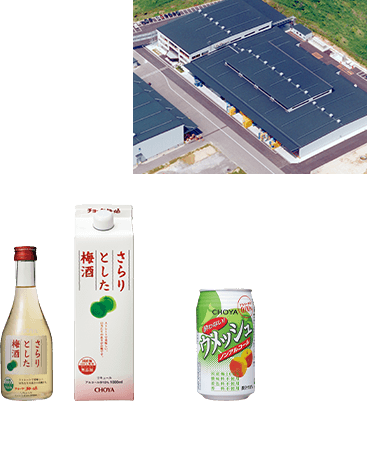
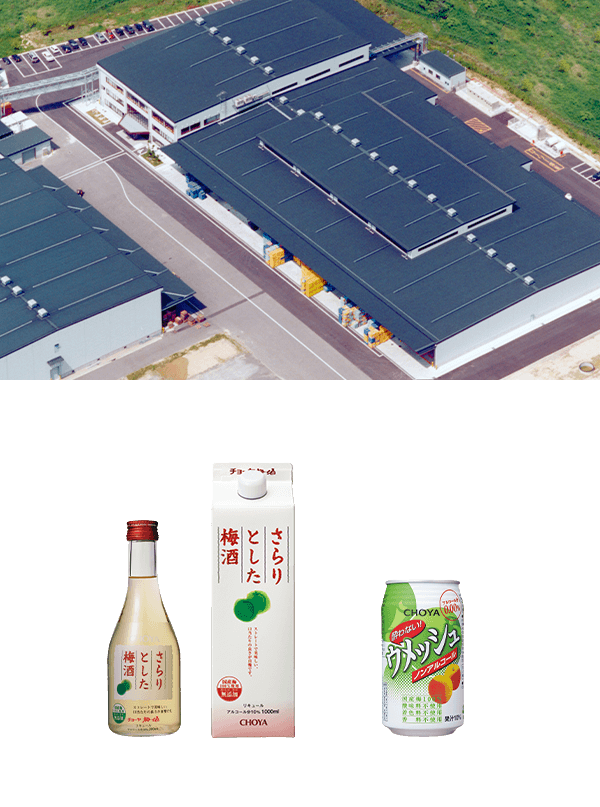

Establishment of new standards for Umeshu - The birth of “The CHOYA”
While the Umeshu market kept expanding, products made with artificial additives such as acidulants instead of using real ume fruit emerged. This meant that the shipment of ume wasn’t proportionally increasing; therefore, creating a difficult business environment for ume farmers. To protect them as well as the culture of ume in such a situation, a category called "Honkaku Umeshu” (Authentic Umeshu) was established in 2015 so customers are able to clarify the selection criteria. The following year, a Honkaku Umeshu series "The CHOYA" was born as a culmination of CHOYA’s product development.
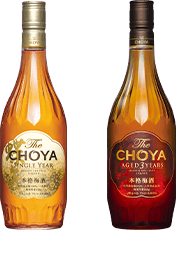
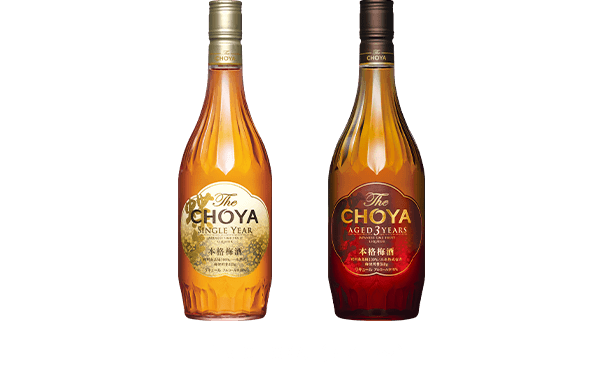
Challenge continues
To grow ume with farmers, to inherit the culture of ume, to seek new possibilities that the ume can offer,
and to deliver “the power of ume” to the people around the world.
With these principles in mind, CHOYA's challenge continues.


